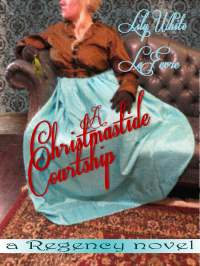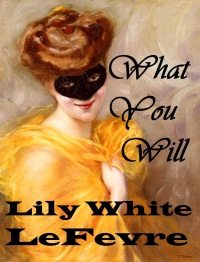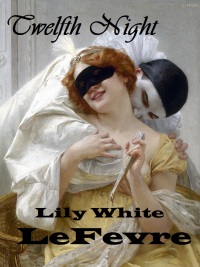Chapter 2
The first guests arrived the next day. Thursday noon, the beginning of the long weekend for the idle set.
Aunt Helena and I were out by the pool, sunning our legs while hiding our faces beneath broad-brimmed straw hats—hers trimmed with silk flowers and a fan of stiff netting, mine with a simple band of white and purple striped ribbon. The table between had disappeared under a cover of multi-colored liquor glasses; for the past half-hour we had been taste-testing cocktails for the evening ahead, the first official event of the weekend. Specifically, Aunt Helena wanted to narrow down which punch to serve and which drinks to put on the dedicated menu for the evening. As this seemed the sort of activity which really should have been decided in advance—as any hostess with my aunt’s experience with house parties would know—I surmised she thought I needed a pretext to begin drinking at 11 a.m. and had supplied one so that I would, since she seemed bent on my thoroughly debauching myself on this visit.
I had no idea what Aunt Helena had seen in me at Christmas, or yesterday, to make her so determined to show me a good time, even despite myself. I, of course, had no intention of doing otherwise, but why ruin her fun? Besides which, I found her manipulations amusing and had to admit to a certain curiosity about what else she might do. So I demurred, admitted that choosing our drinks for the night was a worthy enough cause to forego my Yankee morals (as she was fond of calling my prudence), and left her to make the same decision she already had.
“I think the brandy and claret punch for tonight,” she announced.
I obligingly picked that glass up and tasted it again: a little sweet and a little tart, with a pucker at front of my tongue from the citrus and at the back from the wine.
“That would mean we need something bitter, something entirely sweet, and something entirely alcoholic.”
“Aren’t cocktails, by their definition, entirely alcoholic?” I asked.
“Ah, but I speak of taste, my dear. There are four main tastes for evening cocktails, and those are sweet, sour, bitter, and alcoholic. Any good party should offer at least one of each, and any good hostess must use a variety of ingredients. To do less is to imply she purchased a limited number of supplies—which says she lacks either the wherewithal for a more generous spread, or faith in her guests to drink everything she puts out for them. In both cases leading her guests to wonder why she bothered to throw a party in the first place. Besides, repeating too many ingredients can offend the guests. If one does not like absinthe, for example—”
“Who doesn’t like absinthe?”
“Yes, my dear, but suppose one has an odd duck of a guest who doesn’t. What is she to drink if everything on the table is dashed with the green fairy because the hostess wanted to coordinate her menu to a small number of ingredients?”
“One might as well ask why she is at a cocktail party if she does not like absinthe,” I insisted, but I did begin to see my aunt’s point. She was, in truth, an extremely considerate hostess.
“For the same reason one must use a variety of spirits,” Aunt Helena continued, ignoring my sarcasm. “Since there is brandy and wine in the punch, the cocktails should have rum and whiskey and gin. And since the punch has lemon and orange, none of the other drinks should have citrus.”
“Shall I take everything that does off the table?”
“Please.”
I obligingly moved five of the twenty or so glasses to the ground, one by one, retaining the rum and pineapple punch I had particularly enjoyed so that I could finish it off.
Aunt Helena surveyed what was left in each of the four quadrants of the table—for each of the four main liquors—and I began to wonder if, in fact, she was actually making her choices just now. It took a staggering amount of faith in Anthony’s liquor cabinet for her to assume that the house would have enough of whatever she wanted without having checked first.
Perhaps my aunt had good reason for that faith. She had married him, after all.
“Perhaps a Princess Mary for the dessert drink,” she mused, and lifted the creamy caramel-colored drink into the center of the table. “Which would leave—”
“Madam?”
The soft voice of the butler nevertheless broke whatever train of thought Aunt Helena had pursued. She looked to the terrace. “Yes, Tomlin?”
“The Perrigots have arrived.”
Her face transformed from mildly annoyed at the interruption to genuinely delighted. “Have they really? Come, my dear,” she said, standing and then pulling at my free hand to come with her. “We must go and greet them. Oh, I think you will love Mary and Edmund as much as I do! I have put them right across the hall from you, you know.”
And with that, her menu was abandoned, all the work of Tomlin left to melt in the sun while Aunt Helena swept into the house with barely a pause to pull on her pool robe and hurried to greet the first guests proper to arrive at her party.



